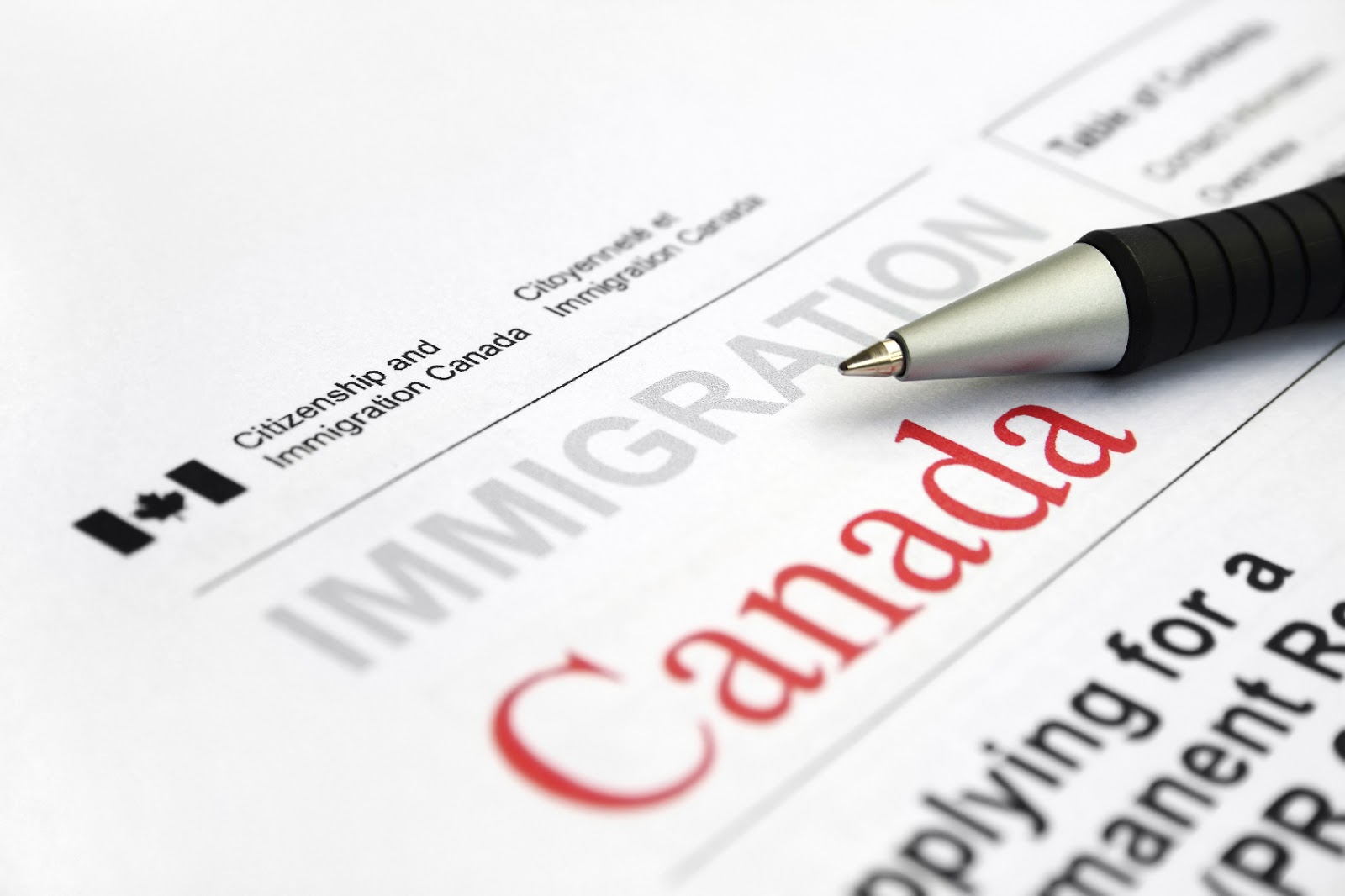Are you considering travelling to Canada? You should probably reconsider your decision if you have received a DUI or DWI (driving under influence or driving while impaired) conviction in the within the past ten years.
Under Canadian immigration regulations, anyone seeking to enter the country must meet all the immigration requirements before they are permitted entry. One of the requirements that you must meet is having no past criminal conviction, even if the offence committed was a misdemeanor act. With DUI and DWI falling under misdemeanor convictions, people entering Canada with a past conviction usually find themselves being denied entry unless they are given special permissions by the Canadian government.

Offences that can lead into inadmissibility into Canada
When entering Canada, the immigration officials check your background to find out if you have a past conviction. Convictions resulting from various offences can cause you to be denied entry into the country. The most common offences include:
1. Causing a disturbance, causing public intoxication, and possession of small amounts of drugs (including marijuana) – these offences can cause you to be denied entry into Canada for up to 5 years
2. DUI, DWI, Assault, and check fraud (writing a bad check) – these are the most common offences that cause inadmissibility into Canada, especially the DUI and DWI convictions that can cause you to be deemed ineligible to enter the country for about one to 5 years depending on the seriousness of the offence and the number of offences committed.
3. Assault with bodily harm, fraud (involving more than $5,000), and drug trafficking – these are more serious offences that automatically lead to being denied entry into Canada, and the inadmissibility can last for up to 10 years.
Inadmissibility into Canada – Canadian DUI access?
Being denied entry into Canada can be quite frustrating, especially if you are travelling for important reasons such as study, work, business meeting, important family gatherings, or even pleasure. The situation can even be more inconvenient when you are denied entry at the point of entry after having travelled for several miles and spent a lot of cash on travel expenses, thus being forced to return home. Lucky for you, there are special circumstances that can be granted, allowing you to enter Canada even with a DUI conviction. Read more here.
Here is a look at some of the ways on how you can overcome Canadian DUI inadmissibility:
1. Temporary resident permit :
Temporary Resident Permit is a document issued by the Canadian government to people who are criminally inadmissible to Canada, allowing them to enter the country for a specific reason and on a temporary basis. This is the simplest way of overcoming Canadian inadmissibility, and is ideal for people with DUI conviction, especially if you do not plan to stay in the country for long.
The Canadian Temporary Resident Permit is issued to individuals who have been convicted of a crime outside Canada, and less than 5 years have passed since the completing the sentence or paying a fine for the offence. As the name suggests, the Temporary Resident Permit does not offer a permanent solution to Canadian DUI inadmissibility.
Applying for the Temporary Resident Permit: If you have been deemed inadmissible into Canada and meet the requirements needed for the Temporary Resident Permit (convicted outside Canada and less than 5 years have passed), you can apply for temporary entry into the country. Application for the permit can be done at the Canadian Visa Office, or at the point-of-entry when seeking to enter the country. When applying for the permit, you are required to provide a compelling reason as to why you need to enter Canada. When reviewing your application, the immigration officials must also determine that you do not pose any safety or security threat to Canada before you are given the permit.
When applying for the Temporary Resident Permit, you should note that the process is quite complex, and might require you to make strong legal arguments in order for you get the permit. Therefore, it is advisable that you hire the services of a Canadian immigration lawyer to advice you and help you with the application process.
2. Criminal Rehabilitation
Criminal Rehabilitation is another option that you can consider when you are seeking entry into Canada after the immigration officials deem you criminally inadmissible. Unlike applying for a Temporary Resident Permit, Criminal Rehabilitation is a permanent solution for overcoming inadmissibility to Canada. Therefore, once you complete rehabilitation, you will be allowed to enter and leave Canada freely as many times as you want, unless you are convicted of another offence afterwards.
Applying for Canadian Criminal Rehabilitation: Applications for Canadian Criminal Rehabilitation are made at the Canadian consulates in your country. For your application to be successful, you must:
– Demonstrate to the immigration officials that you have rehabilitated after you were convicted of the crime (you can provide evidence that you have not committed any other offence after completing the sentence or paying a fine for the convicted offence)
– Make it clear that you will not commit an offence again
– Prove that you are a productive member of the society, and that Canada can benefit from you being granted entry into the country.
When applying for temporary rehabilitation, you should take note that the process is very complex, and it can take up to one and half years for your application to be reviewed. Therefore, you should consider applying for a Temporary Resident Permit to gain temporary access to Canada as you await your application to be approved.
3. Record Suspension:
Record Suspension is another permanent way of overcoming criminal inadmissibility into Canada. Also referred to as a pardon, Record Suspension involves setting aside your criminal record and giving you back all the benefits you enjoyed (including entry into Canada) before you were convicted of the offence committed. However, unlike the Temporary Resident Permit and the Canadian Rehabilitation, Record Suspension is only for people who were convicted of offences committed in Canada.
Application for Record Suspension can be made to the Canadian Parole Board, where you are required to explain to the board the benefit you would get from the suspension of your record, and how it would help you to sustain your rehabilitation into the society. Anyone who has been convicted of an offence in Canada can apply for the Record Suspension, but must wait for at least 5 years after completion of sentences for summary offences and 10 years for indictable offences. More here.
Summary : Having a DUI record can cause you to be denied entry into Canada, but it is possible to overcome inadmissibility and gain entry into the country on a temporary or even permanent basis with the above techniques of overcoming criminal inadmissibility. However, when you are seeking to overcome the inadmissibility problem, it is advisable that you seek the help of a legal professional who is familiar with Canadian immigration laws.
































No Comments
Leave a comment Cancel